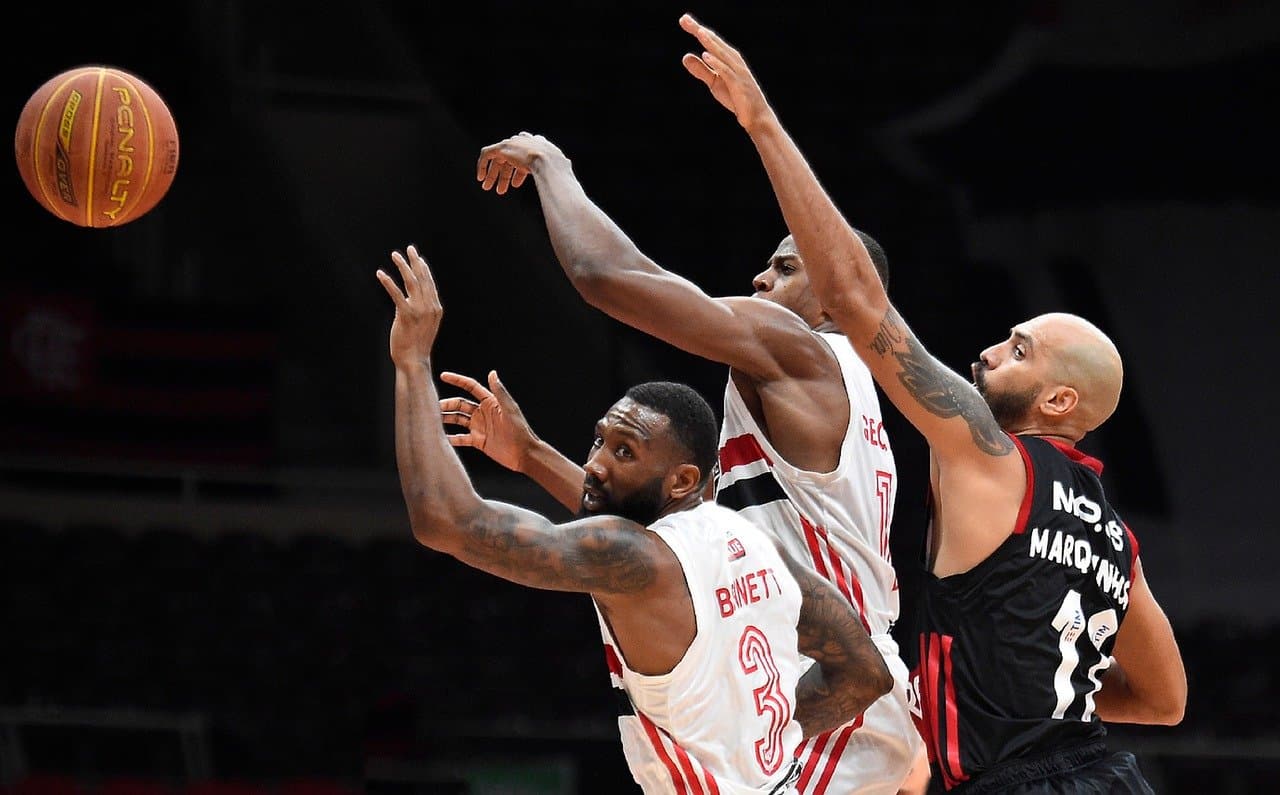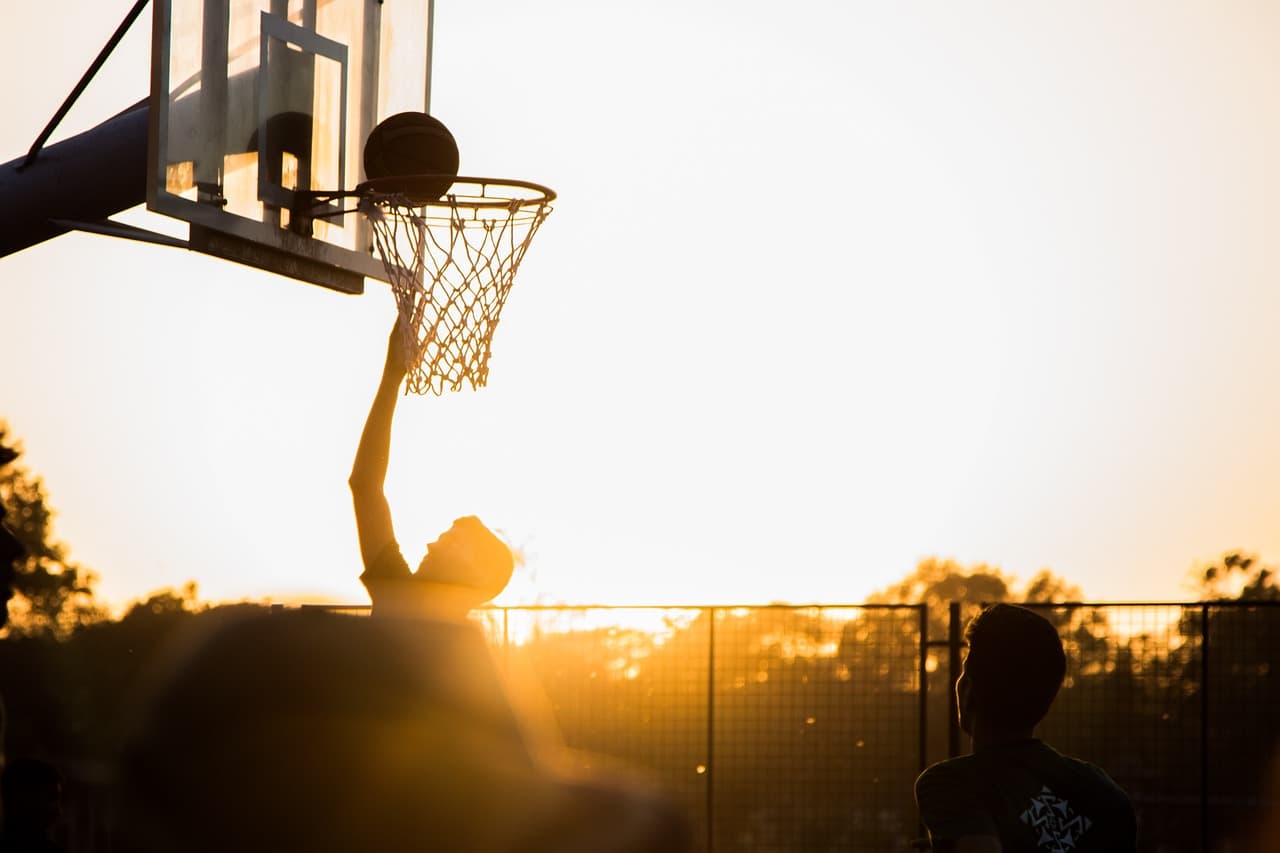A healthy lifestyle is pivotal for basketball players aiming to perform at their peak on the court. Nutrition, sleep, and recovery are foundational elements that contribute significantly to an athlete’s ability to endure rigorous training sessions, compete at the highest level, and reduce the risk of injuries. Good nutrition provides the necessary fuel and building blocks for muscle recovery and energy, while adequate sleep and effective recovery strategies ensure that players can sustain high performance over time. This comprehensive approach to health and wellness is not just about optimizing physical capabilities but also about enhancing mental sharpness and resilience, essential attributes for anyone looking to excel in the competitive world of basketball.
For basketball players, understanding the intricacies of a healthy lifestyle that encompasses nutrition, sleep, and recovery strategies becomes a game-changer. Tailored dietary plans that cater to the unique needs of an athlete, coupled with sleep hygiene practices and recovery methods such as active rest, physiotherapy, and mental training, form a holistic framework that supports overall health and athletic performance. This guide aims to delve into these critical areas, providing insights and actionable advice that basketball players can implement to achieve a balanced and healthy lifestyle. By prioritizing these key components, players can look forward to not only improved performance but also a longer, more fulfilling career in the sport they love.
Definition of Basketball Sport
Basketball is a team sport characterized by its pace, agility, and skill, involving two teams of five players each who compete to score points by shooting a ball through an opponent’s hoop. The hoop, elevated ten feet off the ground, is the central target on either end of a rectangular court. The game is divided into timed segments, known as quarters, and the team with the most points at the end of the game wins. Basketball requires a blend of physical fitness, strategic thinking, teamwork, and individual prowess. Skills such as dribbling, passing, shooting, rebounding, and defending are fundamental to the game. Originating in the United States in 1891, invented by Dr. James Naismith, basketball has grown into a globally popular sport, played at amateur and professional levels and featured in international competitions like the Olympics. The sport is governed by a set of rules that standardize the size of the court, the equipment used, and the gameplay mechanics, ensuring a structured and fair competition.
Nutrition for Basketball Players
Nutrition for basketball players is a critical component of their overall training and performance strategy. Given the high-intensity nature of the sport, which combines bursts of sprinting, jumping, and quick direction changes, players require a diet that not only fuels their energy needs but also supports muscle recovery and growth, and maintains their health throughout the season.
Energy and Macronutrients
- Carbohydrates are the primary fuel source for high-intensity activities. Basketball players should consume a diet high in complex carbohydrates found in whole grains, fruits, and vegetables to maintain energy levels during games and practices.
- Proteins are essential for muscle repair and growth. Athletes should include a good protein source at every meal, focusing on lean proteins like chicken, fish, legumes, and dairy products.
- Fats should not be neglected, as they are crucial for long-term energy storage and hormone production. Sources of healthy fats include avocados, nuts, seeds, and olive oil.
Hydration
Hydration plays a significant role in performance and recovery. Players should aim to stay well-hydrated before, during, and after games and practices, adjusting intake based on the intensity of the activity and environmental conditions. Water is generally sufficient for hydration, but sports drinks can be beneficial during extended periods of intense exercise for replacing lost electrolytes.
Timing and Quality
- Pre-Game Nutrition: Meals should be eaten 3-4 hours before game time, focusing on carbohydrates for energy and moderate in protein and low in fat to ease digestion.
- Post-Game Recovery: Within the 30 minutes to an hour after a game or practice, players should consume a mix of carbohydrates and protein to replenish energy stores and aid in muscle recovery. This is the critical window for maximizing nutrient absorption.
Supplements
While a well-balanced diet is sufficient for most athletes, some may benefit from supplements under the guidance of a healthcare professional. Common supplements include protein powders, vitamins, and minerals that may not be adequately obtained from the diet.
Individual Needs
Nutritional needs can vary widely among players depending on their position, play style, body composition, and metabolism. Consulting with a sports nutritionist can help tailor a nutrition plan to meet individual needs, ensuring optimal performance and recovery.
In summary, the nutrition of basketball players should be strategically planned to fuel performance, enhance recovery, and maintain overall health. A focus on quality, timing, and balance in their diet can provide the competitive edge needed for success on the court.
Importance of Sleep for Basketball Players
Sleep is a fundamental component of a basketball player’s recovery and performance enhancement strategy, yet it’s often undervalued in the athletic world. The importance of sleep for basketball players cannot be overstated—it impacts everything from physical recovery to mental sharpness and overall health. In a sport that demands quick decision-making, endurance, and precision, ensuring adequate rest becomes as critical as any training regimen.
Physical Recovery
During sleep, the body undergoes numerous recovery processes vital for muscle repair, growth, and overall physical health. Growth hormone, which plays a significant role in tissue growth and muscle repair, is predominantly released during deep sleep. Lack of sufficient sleep can hinder recovery from the physical demands of training and games, increasing the risk of injuries and prolonging recovery time.
Mental Performance
Sleep is also crucial for cognitive functions such as memory, focus, and decision-making. A well-rested player can process information more quickly, make better on-the-spot decisions, and maintain a higher level of concentration throughout the game. Furthermore, sleep deprivation can impair mood and mental health, affecting team dynamics and personal well-being.
Reaction Times and Accuracy
Studies have shown that even slight sleep deprivation can significantly affect reaction times, accuracy, and endurance levels—key components of a basketball player’s performance. Consistent, high-quality sleep helps maintain these critical skills at optimal levels, giving players the edge they need in high-stakes situations.
Injury Prevention
There is a direct correlation between sleep and injury rates. Fatigue can lead to slower reaction times, decreased accuracy in movements, and a general decline in physical performance, all of which increase the risk of injury. Adequate sleep helps maintain better control over body movements and reduces the likelihood of accidents and injuries on the court.
Recovery Techniques for Basketball Players
Recovery techniques are crucial for basketball players to maintain high performance levels, reduce the risk of injury, and extend their careers. The rigorous demands of the sport—intense physical exertion, repetitive movements, and the mental stress of competition—necessitate comprehensive recovery strategies. These techniques not only facilitate physical repair but also ensure mental and emotional resilience.
Active Recovery
Active recovery involves light physical activity on off-days or after intense games and practices. Activities like walking, yoga, and swimming promote blood circulation, which helps in flushing out toxins and delivering nutrients to the muscles, aiding in faster recovery. Active recovery also helps maintain flexibility and prevent stiffness.
Cold and Heat Therapies
Cold therapy, such as ice baths or cryotherapy, can reduce muscle inflammation and soreness after intense physical activity. Heat therapy, through saunas or warm baths, can relax muscles and improve blood flow. Both therapies can be beneficial, and players may choose one over the other based on personal preference or specific recovery needs.
Massage and Foam Rolling
Massage therapy and foam rolling (self-myofascial release) are effective in reducing muscle tension, increasing flexibility, and alleviating soreness. These techniques can help break down knots in the muscles and fascia, leading to improved range of motion and enhanced recovery.
Mental Recovery
Mental and emotional recovery is just as important as physical recovery. Techniques such as meditation, mindfulness, and visualization can help players manage stress, improve focus, and maintain a positive mindset. Mental recovery strategies also support better sleep, further enhancing the recovery process.
Rehabilitation and Physiotherapy
For injured players, rehabilitation and physiotherapy are essential to safely return to play. Tailored rehabilitation programs, designed by healthcare professionals, focus on restoring strength, flexibility, and function to the injured area. Preventive physiotherapy can also identify and address potential areas of weakness, reducing the risk of future injuries.
Integrating these recovery techniques into a basketball player’s routine can markedly improve their performance, resilience, and longevity in the sport. It’s about understanding the body’s needs and responding appropriately to the demands placed on it, ensuring that players can consistently perform at their best.
Conclusion
The path to excellence for basketball players extends well beyond the confines of the court. A holistic approach that encompasses nutrition, sleep, and recovery techniques forms the backbone of peak performance and longevity in the sport. Nutrition provides the fuel and building blocks for energy, endurance, and recovery. Adequate sleep is not just a pillar of recovery; it’s a critical enhancer of cognitive function, mood stability, and overall physical health. Meanwhile, comprehensive recovery techniques—ranging from active recovery and proper hydration to the strategic use of cold and heat therapies, massage, and mental wellness practices—ensure that players can endure the rigors of the season, minimize injury risks, and perform at their best.



